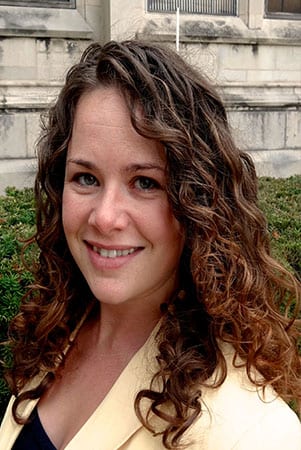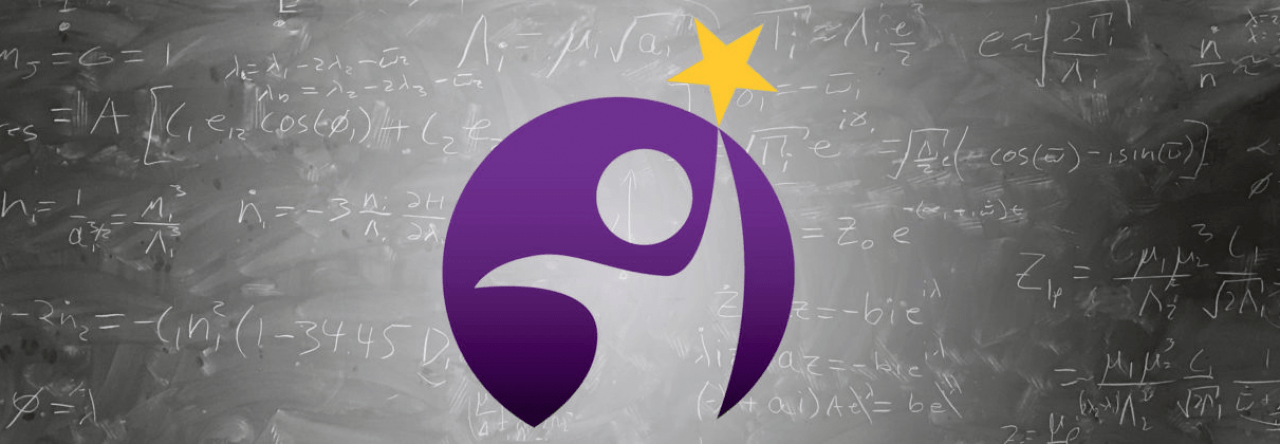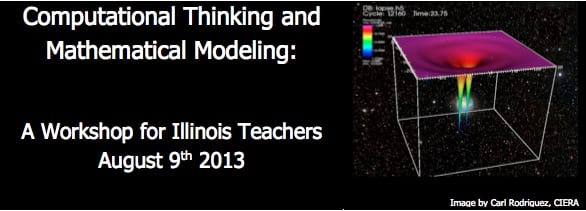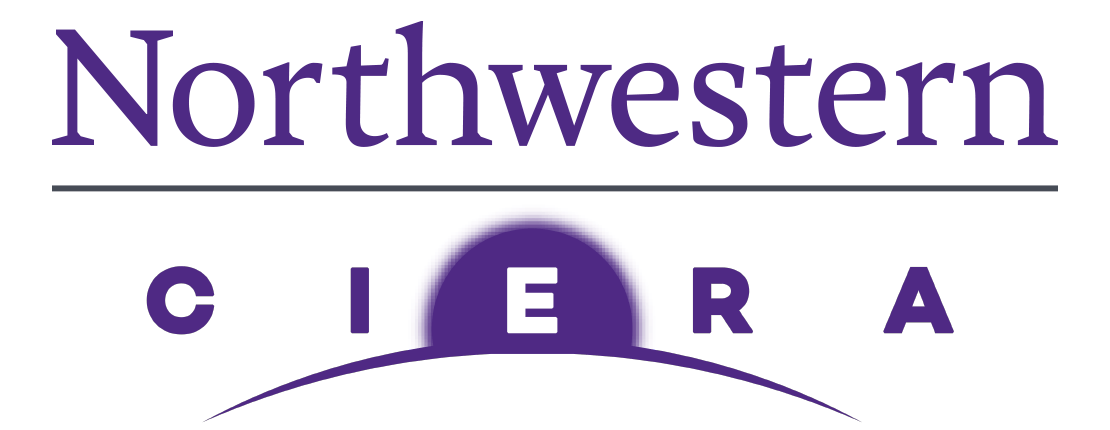CIERA’s Reach for the Stars contributed to the 6th Annual Northwestern University High School Project Showcase on May 20, 2013. This event was hosted by The School of Education and Social Policy’s Office of STEM Education Partnerships (OSEP) and took place in the Norris University Center as part of Northwestern University’s Undergraduate Research and Arts Exposition.
Throughout the day nearly 70 Chicago-area high school students showcased posters of their research projects. The students each created their projects as part of the project-based math or science curriculum at their school or through an independent student research course or club. Some even created them as an entirely independent project. Scientists and professionals from Northwestern adjudicated projects; the event wrapped up with an awards ceremony.
The winners were Barrett McCabe for “The Effects of a Hydroponics System on the Growth Rate of Tanacetum cinerariifoium in Comparison to Traditional Soil Agriculture” in life science; Sean Hickey for “The Use of Activated Sludge Process in the Bioremediation of Heavy Metal Contamination in Drinking Water” in environmental science; Connor Kotte for “Variations in the Duration of Sleep in Danio rerio in Response to Changes in Melatonin Levels” in human biology; and Dekonti Davies from Walter Payton College Preparatory High School for “Trench Etching in MOSFETs” in physical science.
Winners in the two curriculum project categories were Leandro Padilla for the critter project and Jessica Molloy-Garcia, Richard Guzman, Carlos Anguiano, Mari Hernandez for the Florida school project.This showcase has been an important component of Northwestern’s, OSEP’s, and CIERA’s goal to encourage students to explore hands-on, inquiry-based STEM learning.
Learn more about the event here.
 Reach for the Stars Alumni Meagan Morscher won the Martin and Beate Block Award for her presentation at the Aspen Center for Physics’ winter conference on Black Holes in Dense Star Clusters.
Reach for the Stars Alumni Meagan Morscher won the Martin and Beate Block Award for her presentation at the Aspen Center for Physics’ winter conference on Black Holes in Dense Star Clusters.







